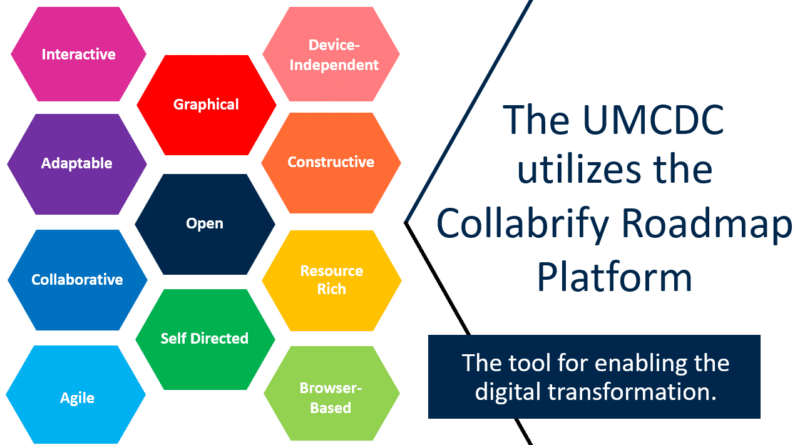The U-M Center for Digital Curricula’s Provides Free, Customizable K-12 Digital Curricula
A University of Michigan center focused on developing, vetting, and providing standards-aligned digital curricula has become a primary provider of at-home learning for thousands of K-12 Michigan students and teachers. The U-M Center for Digital Curricula’s free curricula helps facilitate a seamless transition from education at school to education at home.
“In the last few weeks, we’ve had a couple thousand students and teachers remotely accessing our free, digital curricula for use at home,” said Elliot Soloway, U-M professor and co-director of the U-M Center for Digital Curricula. “We know that teachers don’t really want technology, they want curricula. Our center has created a one-stop shop to help teachers by creating and providing collaborative, standards-aligned curricula for students. We are helping students and teachers now and we are setting our sights on the fall with the goal of making the transition back from learning at home to learning at school seamless.”
The Center uses proprietary but free to use software, the Collabrify Roadmap Platform, created in the College of Engineering. Collabrify is a powerful, open, device-independent platform that provides teachers with the necessary tools to create curricula and collaborative lessons for students throughout their school days. The free curricula allow students to collaborate with their teachers and fellow students in real time. All the curricula, which are stored in a searchable repository of online lessons, are developed and vetted by a core group of Michigan teachers that work with the Center.
Wendy Skinner, who teaches second grade at Brandywine Community Schools in Niles, Michigan, is one of the many teachers using the Center’s digital curricula. She also is creating her own “roadmaps” using the Collabrify Roadmap Platform. Skinner calls it a “significant improvement” over other K-12 online platforms, with a “nice visual finish and sequence to it.”
“Roadmaps are the only thing I’ve seen where I can plug in my skills for my students in the same way I’d do it in the classroom,” said Skinner. “It’s all in one place, and I can monitor it and look at what they’ve done. I can also make sure I include the things that I value to make my connections with the students more meaningful.”
U-M Center for Digital Curricula launched last July as the only university-based non-profit to address the lack of true standards-aligned digital curricula available to K-12 students along with the teaching tools available to teachers. While previous resources could help streamline classroom logistics like grading and file sharing, there was no single, reliable source for distributing, managing and creating digital curricula until now.
“The dean of the College of Engineering initially funded the Center because he saw the value and importance of technologically advanced educational curricula and tools that we could create and distribute from U-M,” said Soloway. “Our 2019 pilot in local classrooms showed significant improvement in students’ reading comprehension and standardized test scores. We are now partnering with several school districts and actively looking for funding to have curricula created in an effort to be ready for a smooth transition back to the classroom in the fall.”
U-M Center for Digital Curricula runs free webinars for teachers and school administrators that can be accessed through its website. A searchable repository of digital curricula created by the Center is also available at the Michigan Department of Education’s Open Education Resources repository at GoOpenMichigan.org.
About University of Michigan Center for Digital Curricula: The University of Michigan Center for Digital Curricula is the only non-profit in the nation devoted to creating, vetting, and providing free deeply digital curricula to K-12 schools. The Center aggregates and distributes curricula through its software, Collabrify Roadmap Platform. Learn more at cdc.engin.umich.edu.
SOURCE University of Michigan Center for Digital Curricula

